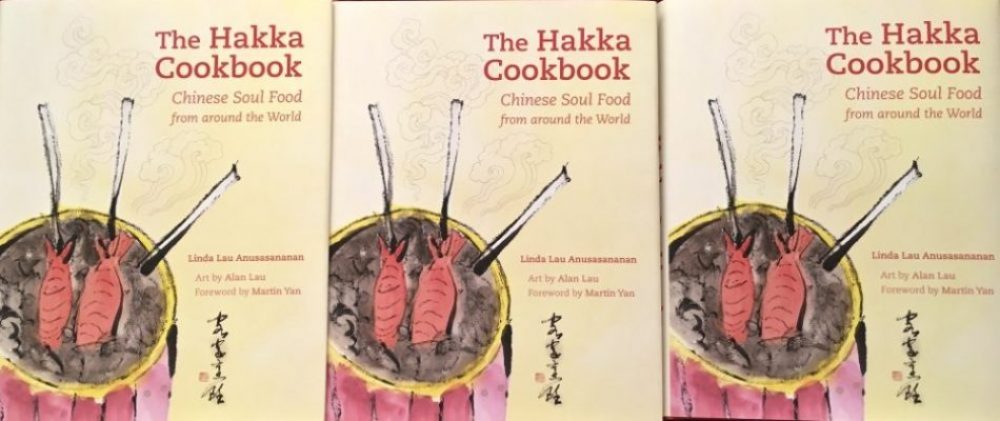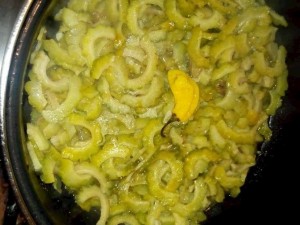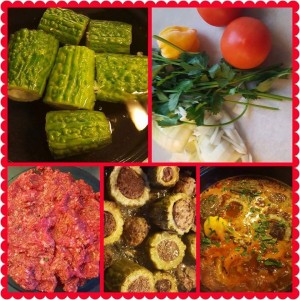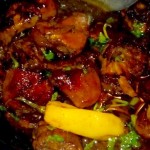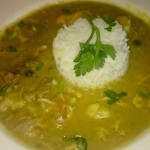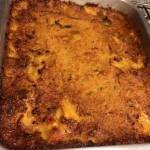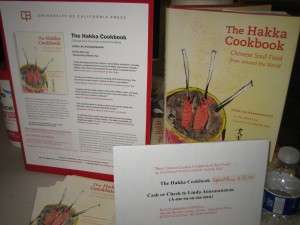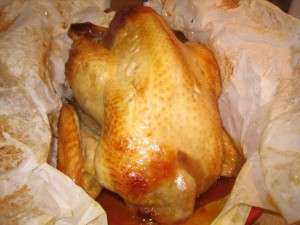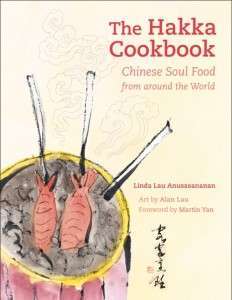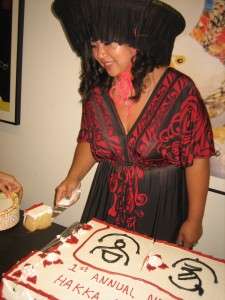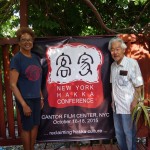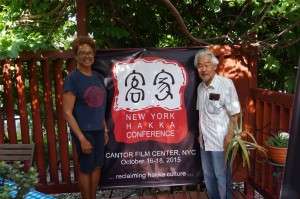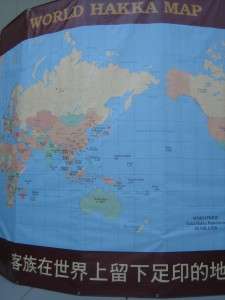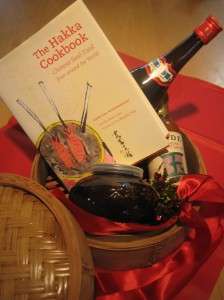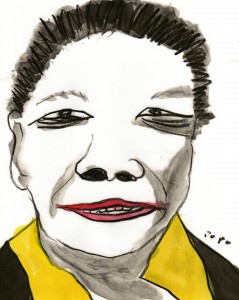Before I met Stuart Lee at the Toronto Hakka Conference 2012, I did not know Suriname, his home country. I learned this former Dutch plantation colony is located on the northeast Atlantic coast of South America with Guyana to the West and Brazil to the south. Many Hakka, as well as many other ethnic groups, live there.
Recently Stuart shared photos of the diverse food culture of his home country. Here are some of his photos and comments.
The Hakka placed their footprints on Suriname in 1853. Their contribution to the New World is huge. Chinese medicine, foods, kite flying, fireworks, mahjong–all ethnic groups in Suriname use these gifts from the Chinese. Their influence is seen in many Surinamese dishes, often blended with local ingredients, and multi-cultural tastes.
“As Suriname is probably the third most ethnic diverse country after USA and Canada,” says Lee, “ it is not uncommon for us to eat a lunch or dinner plate with boiled or fried cassava, plantains, ham choy with chicken and a sambal made with chicken hearts, gizzards and livers.” Dutch, Indonesian, Jewish, Hindustan, and African also play a strong role in this multi-cultural cuisine.
All cultures also embrace the Suriname national dish Pom. It is only available in Suriname, Holland and the Netherlands Antilles. “I have to thank the Jews who came to Suriname 400 years ago for inventing this dish!”
This baked casserole is made with root called pomtayer, similar to taro used to make poi. “I think the root is only grown in Suriname by the descendants of African slaves or the Creoles. My Mom marinates it with orange juice for the nice orange color, fills it with braised chicken and salted cured beef. The salted beef is also a Jewish influence. My grandfather and father would import shiploads of salted beef that were packed in wooden barrels similar to the wine barrels. Hakkas like my family were the ones who got the salted cured beef from New Brunswick. We also imported salted cod from Halifax that were the size of a small desk and came in jute bags and also salted pig tails, salted herring from Holland, and cured hams from Virginia. All these were poor man’s foods.”
Thanks to Stuart Lee for sharing a glimpse into the Surinamese diverse culinary history.
